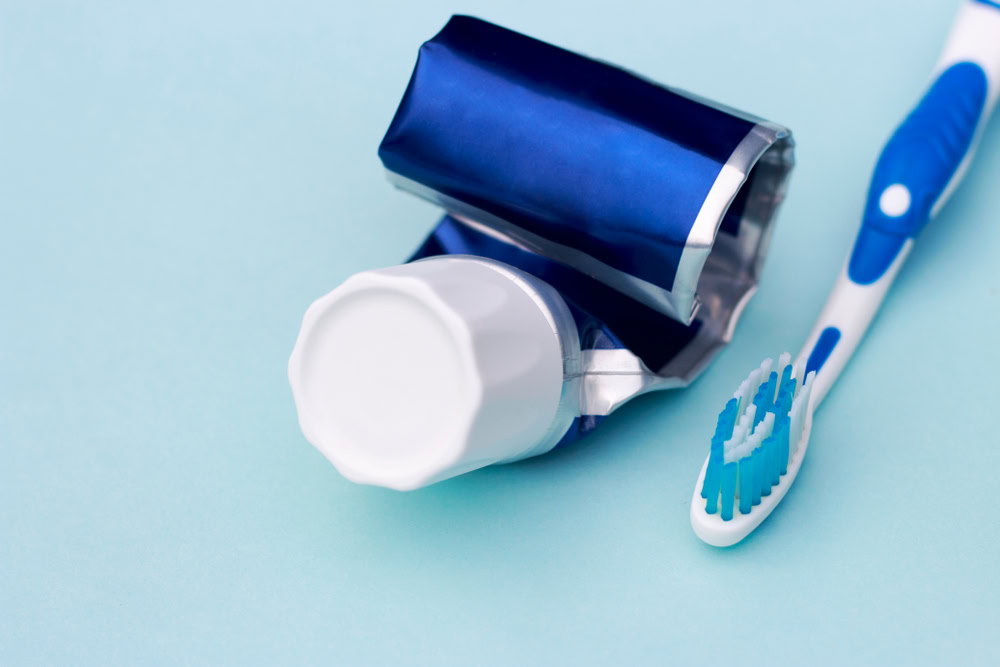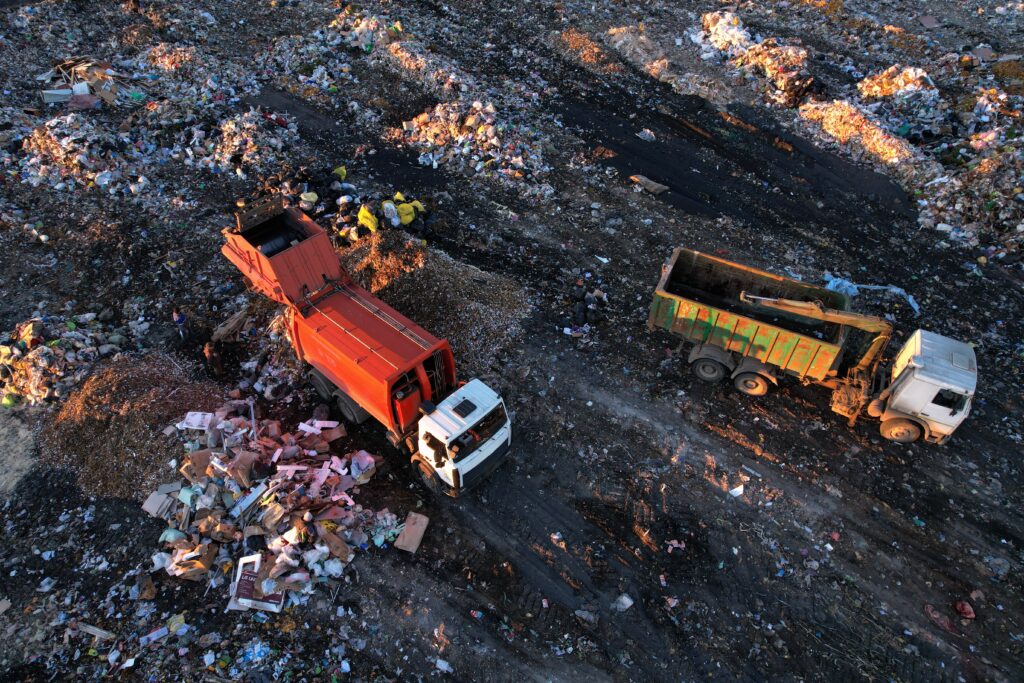Marek Gordon was speaking at the inaugural lecture of Imperial College's new waste management professor, Sue Grimes.
 Professor Sue Grimes and her research team at Imperial College, London, are looking into food waste treatment |
He said: “The techniques we are using now such as Efw and MBT are not new – they have been around for decades,” but added that that the industry is moving “too slowly” in terms of newer technologies and that “more research is desperately needed for the industry as a whole.”
SITA is supporting Prof Grimes in her new role as the SITA/Royal Academy of Engineering Chair in Waste Management at Imperial College, London.
The company can provide the support – through its SITA Trust environmental body under the Landfill Communities Fund – for a five-year period, but will not be able to continue this support after this time because of the rules of the Fund.
Mr Gordon, SITA external affairs director said he “supported and admired” the work Sue Grimes was undertaking at the college.
“Understanding”
In her inaugural address, Prof Grimes said her new role would help to “raise the intellectual input into the waste management industry”. Another of her objectives was to “work with the waste management industry to promote better undertanding of waste and address training needs.”
Ms Grimes highlighted the economic importance of getting value from waste, particularly for materials like aluminium and cobalt, which she said could save up to 4 million tonnes of waste going to landfill every year.
The need for the industry to tackle food waste was another area which was discussed.
Ms Grimes and her research team have been looking into the most effective ways of processing food waste and creating a high quality compost, looking at the variables of temperature, carbon and nitrogen as well as moisture content.
Research was carried out in the Morton Hall prison, where it was discovered that every prisoner threw away 1.44kg of food every day. This new process of in-vessel composting could potentially save the UK 2.5 million if it was implemented throughout all prisons.
| Related links: |
Another area which was highlighted was work on the tagging of products with RFID (Radio Frequency Identification) chips, and how the waste industry could use this system, currently being developed by supermarkets for “fast reliable identification of material” to “optimise opportunities to recycle”.
Ms Grimes also described her commitment to making Imperial College a “centre of excellence” and a “natural point of contact” for the waste mangeemnt industry” within a “short amount of time”.







Subscribe for free